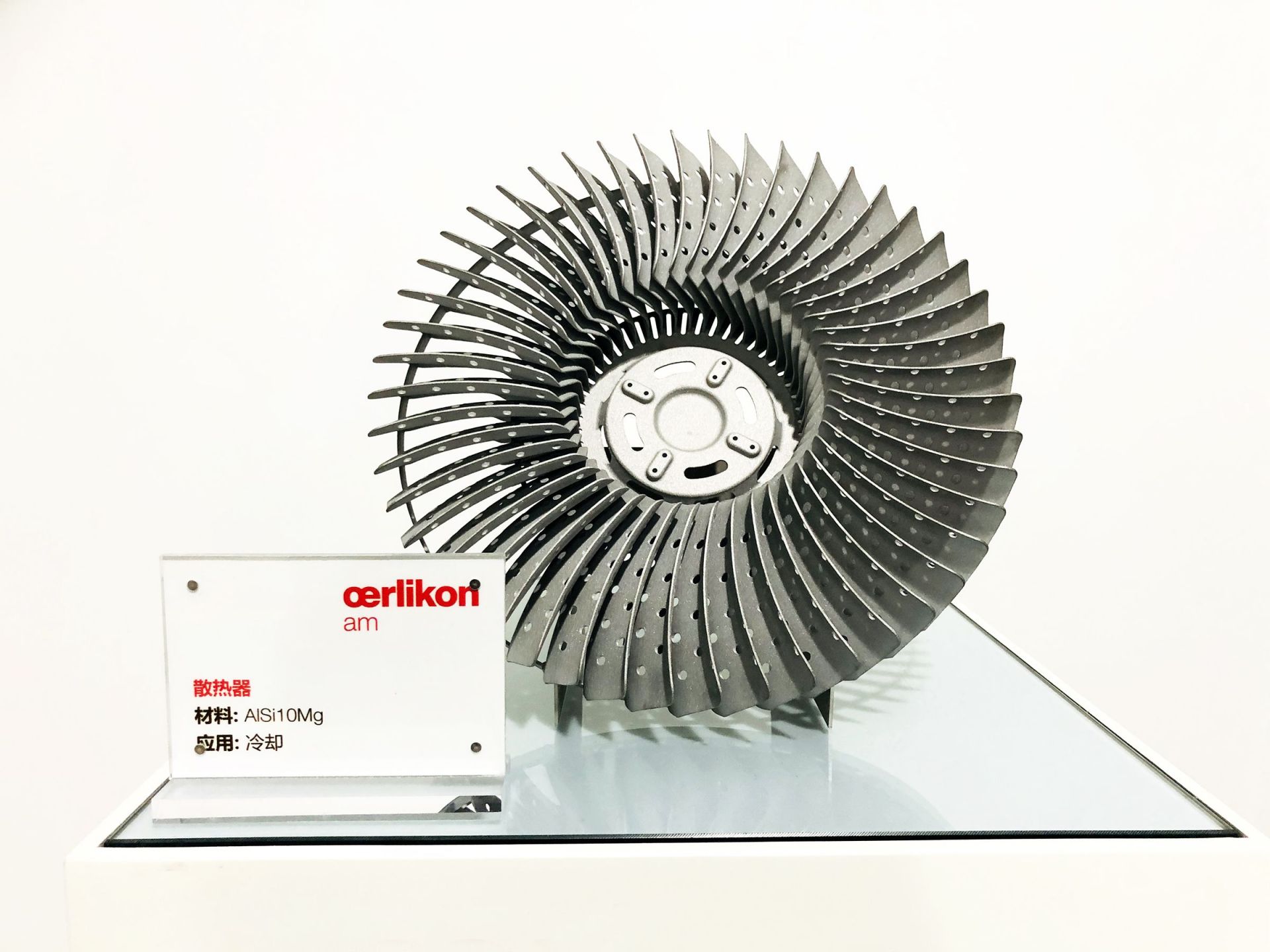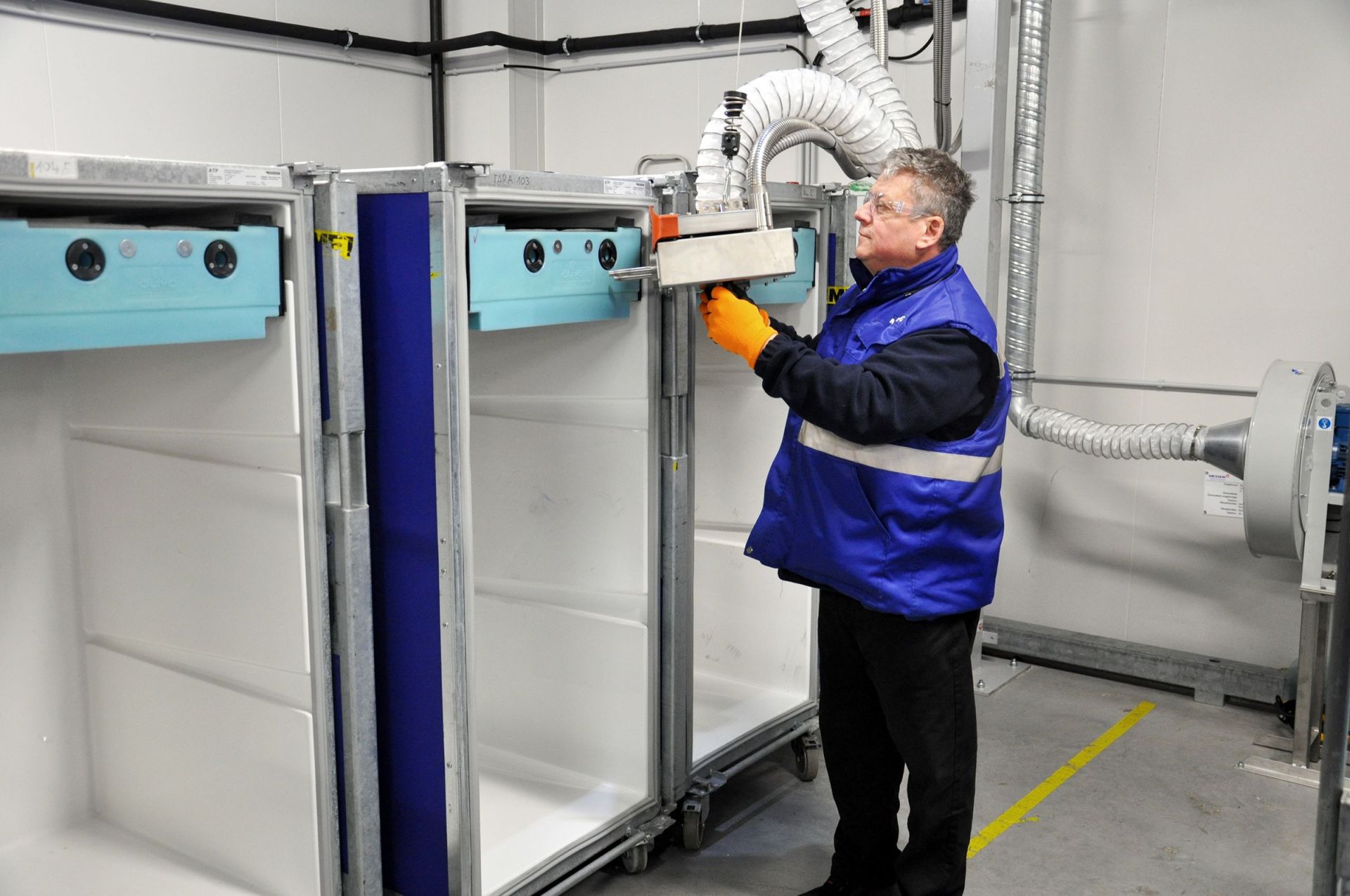NEWS
Vertical farming: Important trend
By Johanna Schirmacher, Messer Group
International | Vertical farming makes greenhouse cultivation possible in confined urban conditions and provides healthy fruit and vegetables for city dwellers. Agriculture is shifted from conventional cultivation, which requires expansive areas of land, to vertical systems in multistory buildings, also called farmscrapers. With this cultivation method, the plants grow under controlled conditions. To ensure that they receive sufficient nutrients, they are supplied with water, fertilizers and light as well as additional CO₂ for photosynthesis. This usually involves enriching the ambient air, which normally has a CO₂ content of around 0.04 per cent (400 ppm), to levels between 800 and 1,200 ppm. The improved supply of CO₂ increases the rate of photosynthesis, thus promoting plant growth. Vertical farming could become very important in view of a steadily increasing world population.
Gases for high 3D quality
By Samuel Zhang, Messer China
China | Among other things, Messer supplies liquid oxygen, liquid nitrogen, argon, hydrogen and CO₂ to Oerlikon Metco Surface Technology in Shanghai. The company is headquartered in Switzerland and is one of the technology leaders in the field of coating and 3D printing with metal materials. Chinese customers are provided with support in this area from the company’s Shanghai operation. Oerlikon Metco supplies the metal powders as well as the machines to process them. The company also uses 3D processes to produce workpieces for a range of customers. Our gases play a crucial role in terms of the quality of 3D printing.

One of many products made by 3D printing.
Clear water for Barcelona
By Marion Riedel, Messer Ibérica
Spain | Messer supplies liquid oxygen for the production of ozone (O₃) to water supply company Aigües de Barcelona, which supplies the city of the same name with drinking water. Ozone helps improve the water’s clarity, smell and taste by oxidizing organic matter contained in it. Messer also supplies liquid nitrogen for catalysis in the ozone production process. As part of its quality assurance process, Aigües de Barcelona, which belongs to the global Suez Group, analyses more than 1,100 water samples every day and even has a team that carries out regular water tastings in order to monitor the organoleptic quality of the water.
CO₂ replaces sulfuric acid
By Alenka Mekiš, Messer Slovenija
Slovenia | Textiles manufacturer Tekstina procures carbon dioxide from Messer to neutralize its wastewater. One of the industry’s oldest in Slovenia, the Ajdovščina-based company uses sodium hydroxide to mercerize cotton and other materials. This causes the threads to swell, gives them a silky, washable luster, improves their tear strength, and reduces fabric shrinkage. The wastewater from this process is alkaline and was previously neutralized with sulfuric acid. Using CO₂ now makes that process step more efficient and eco-friendlier.
Cryogenic transport refrigeration at METRO
By Kriszta Lovas, Messer Hungarogáz
Hungary | Wholesaler Metro Cash & Carry has recently started cooling its refrigerated vehicles with the cryogenic cooling system developed by Messer and Olivo, which is particularly efficient thanks to the automated use of dry ice. Messer has fitted Metro’s existing 780-litre containers with a Siber dry ice compartment. Furthermore, the CO₂ filling station needed for dry ice production has also been installed at the delivery area of the wholesale market in Székesfehérvár, for which Messer is supplying the liquid carbon dioxide. After the first test run with 42 containers, the customer plans to switch to dry ice cooling at other sites as well. Metro operates 13 wholesale stores in Hungary, offering a wide range of groceries. The company supplies numerous hotels, restaurants and caterers directly. The refrigerated containers are used to keep frozen food at a constant temperature of minus 18 degrees Celsius while transporting it to these customers.

László Kapás, application engineer at Messer, provides training in the correct operation of Siber dry-ice stations.
